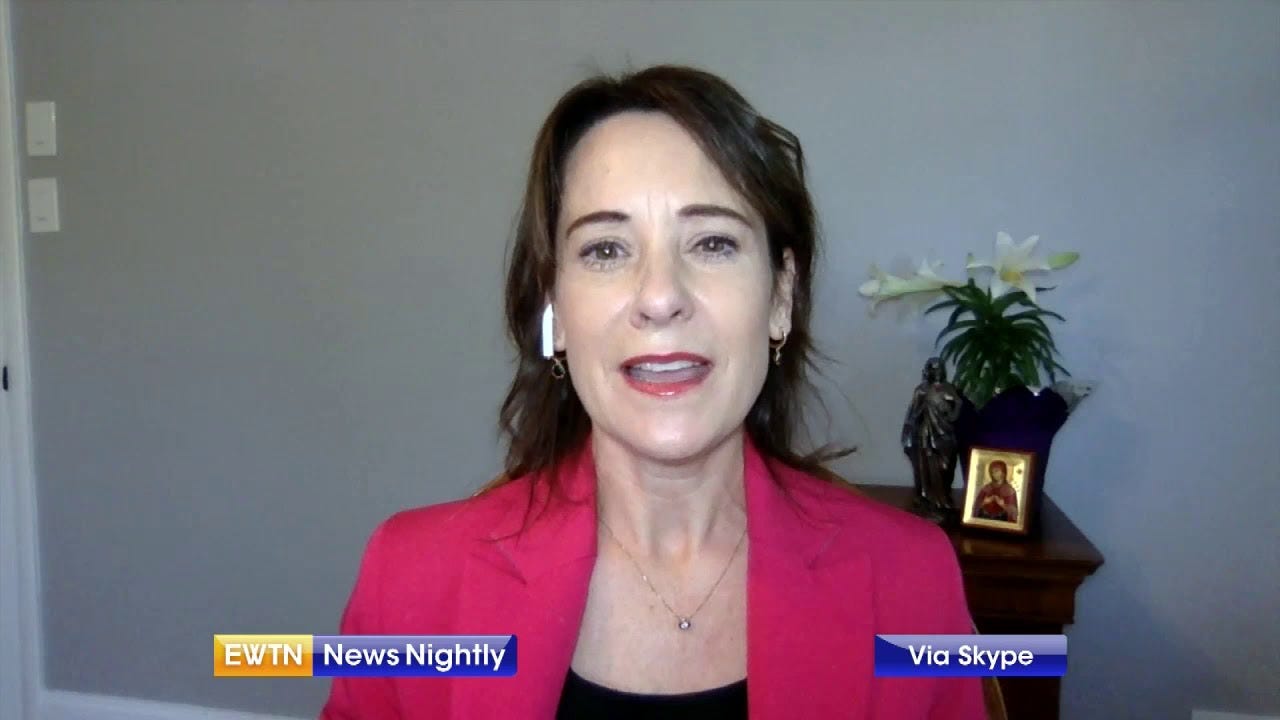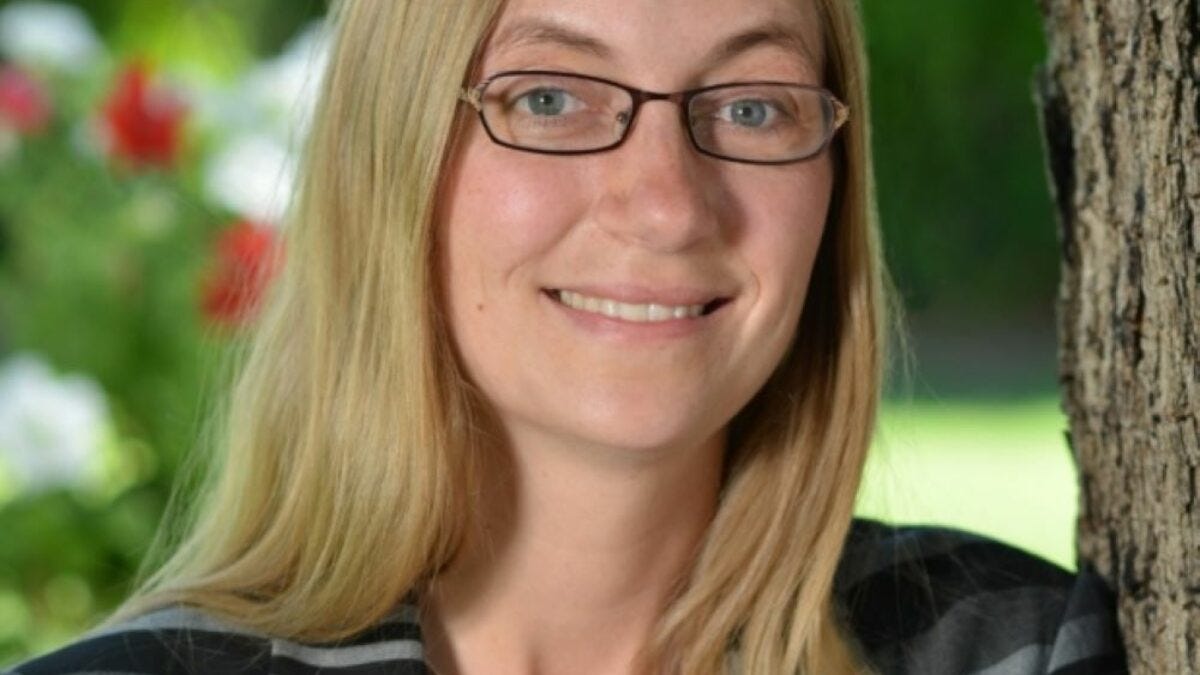Not just freedom
FreeCons and critics debate the future of American conservatism
In a recent symposium published by the journal Law & Liberty, six authors explored the social, spiritual, and political implications of the Freedom Conservatism Statement of Principles. In response to an earlier statement by National Conservatives, FreeCons have offered “an alternative set of conservative commitments,” as the editors put it, that deserve close scrutiny and spirited debate.
Today we feature four of those authors, all FreeCon signatories.
Right moral foundations
The vice president for strategy at the Competitive Enterprise Institute and author of The Socialist Temptation, among other books, Iain Murray is one of the organizers of the FreeCon project.
In his Law & Liberty essay, Murray explained that while freedom forms part of our name, our movement rests on a wider, surer base than just liberty. “It is first on our list of principles, to be sure,” he wrote, “but without other foundations, our house would be built on sand.”
Applying the Moral Foundations work of Jonathan Haidt and other scholars, Murray listed six pairs of values — 1) care/harm, 2) fairness/cheating, 3) loyalty/betrayal, 4) authority/subversion, 5) sanctity/degradation, and 6) liberty/oppression — and then identified passages of the FreeCon statement that speak to each.
Consider the natural human desire for fairness. By championing equal opportunity and the rule of law to promote fairness, Murray wrote, FreeCons can “build a broad political movement.”
Religious-Freedom Conservatives
Andrea Picciotti-Bayer, director of the Conscience Project and columnist for the National Catholic Register, praised the FreeCon statement for articulating “the necessary elements for human flourishing in America.”
Promoting individual liberty, freedom of conscience, the rule of law, and subsidiarity won’t just protect the private practice of religion, Picciotti-Bayer argued. It will ensure that people of faith can live their lives in accordance with that faith.
Which is why she signed the statement:
Mere “freedom of worship” is not what made Christianity, and the Catholicism I hold, thrive in America. Religious freedom is. Freedom conservatism recognizes this.
FreeCons must govern
James M. Patterson chairs Ave Marie University’s Department of Politics and serves as president of the Ciceronian Society.
A signatory to the statement of principles, Patterson urged his fellow FreeCons to avoid a key mistake previous generations made: failing to translate abstract principles into practical governance.
In particular, Patterson advised them to build new relationships:
If conservatives want to win, they need to listen to African Americans, Hispanics, and other ethnic and religious minorities without dictating to them the terms of debate. They must then build institutions that foster these communities and integrate them into a broader milieu of freedom conservatism.
Unleash the Zombies!
An associate editor of Law & Liberty and contributor to America Magazine, Rachel Lu began her essay by ridiculing a frequent NatCon objection: that FreeCons are the political equivalent of the Walking Dead:
I’ve been waiting a long time for the Zombie-Reaganite apocalypse. I’m willing to donate my brain to the cause.
In truth, those who adhere to America’s founding principles and seek to apply them skillfully to the challenges of the 21st century must cultivate two key groups, Lu argued: religious traditionalists and young conservatives.
NatCons and their allies embrace fission, not fusion, and are willing to “sacrifice prudence and credibility” to achieve their political ends. “Those tendencies must be checked,” Lu wrote — “by zombie power if necessary.”




